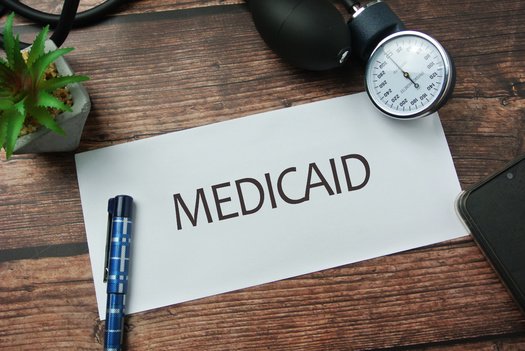Kentucky’s newly formed Medicaid Oversight Board held its first meeting this week. The board, created during the 2025 legislative session, includes both lawmakers and citizens. It aims to improve understanding of Medicaid and monitor how federal decisions impact the state’s healthcare system.
Many experts believe this board comes at a critical time. National lawmakers are considering major cuts to Medicaid funding. These cuts could result in Kentucky losing over $1 billion in support. Despite this, state leaders are looking for ways to protect Medicaid services and avoid reducing coverage.
Dr. Sheila Schuster, a licensed psychologist and executive director of the Advocacy Action Network, said public knowledge about Medicaid is limited.
“Medicaid is the largest source of healthcare in Kentucky,” she said. “But most people don’t know how it actually works.”
She explained that understanding Medicaid involves more than just knowing the numbers. It requires a closer look at how programs operate, who provides care, and whether there are enough healthcare workers in hospitals, nursing homes, and clinics.
The Medicaid Oversight Board will play an important role in reviewing how state money is spent. It will also give policy suggestions and stay alert to federal policy changes that could affect healthcare access in Kentucky.
Emily Beauregard, the executive director of Kentucky Voices for Health, believes the state has better options than cutting coverage. She said smarter choices could help save money without hurting patients or healthcare providers.
“There’s a lot we can do to reduce waste in the system,” Beauregard explained. “We can cut down on red tape and avoid excessive paperwork. That way, we don’t have to reduce services or lower the payments to doctors and clinics.”
One of the goals of the new board is to help lawmakers make informed decisions. The board will share updates and guide policies that keep Medicaid strong while also managing the state’s budget responsibly.
Dr. Schuster pointed out the economic benefits of Medicaid. She said it helps not just families but also the entire state economy.
“Medicaid is a state and federal partnership,” Schuster said. “Since Kentucky is a low-income state, we only need to pay about 28 cents. The federal government pays the other 72 cents for every dollar of healthcare we provide.”
That means a small investment by the state brings a much bigger return in federal support. This funding helps keep hospitals open, supports nursing homes, and ensures access to doctors and mental health providers.
More than one in three Kentuckians rely on Medicaid for their healthcare needs. It covers children, low-income adults, pregnant women, seniors, and people with disabilities. If major federal cuts go through, these groups could face serious challenges.
The Medicaid Oversight Board plans to meet regularly. Its members will gather data, hear from experts, and report to the state legislature. This way, they hope to increase transparency and involve the public in discussions about healthcare policies.
Health advocates see the board as a positive step toward protecting care for all Kentuckians. They stress that smart planning, public input, and focused leadership are needed now more than ever.
While funding concerns remain, many remain hopeful. With better oversight and informed decisions, Kentucky can continue to offer strong Medicaid services without reducing access or quality.







